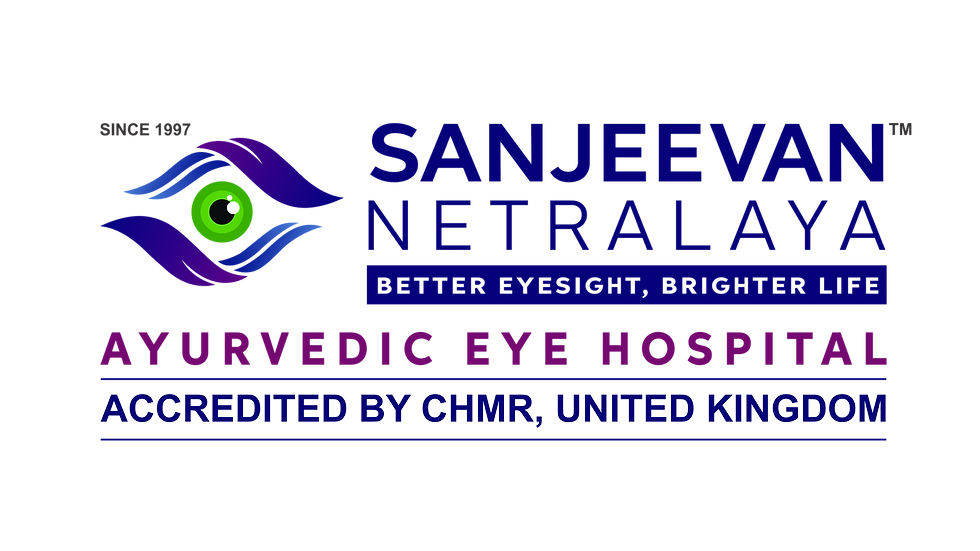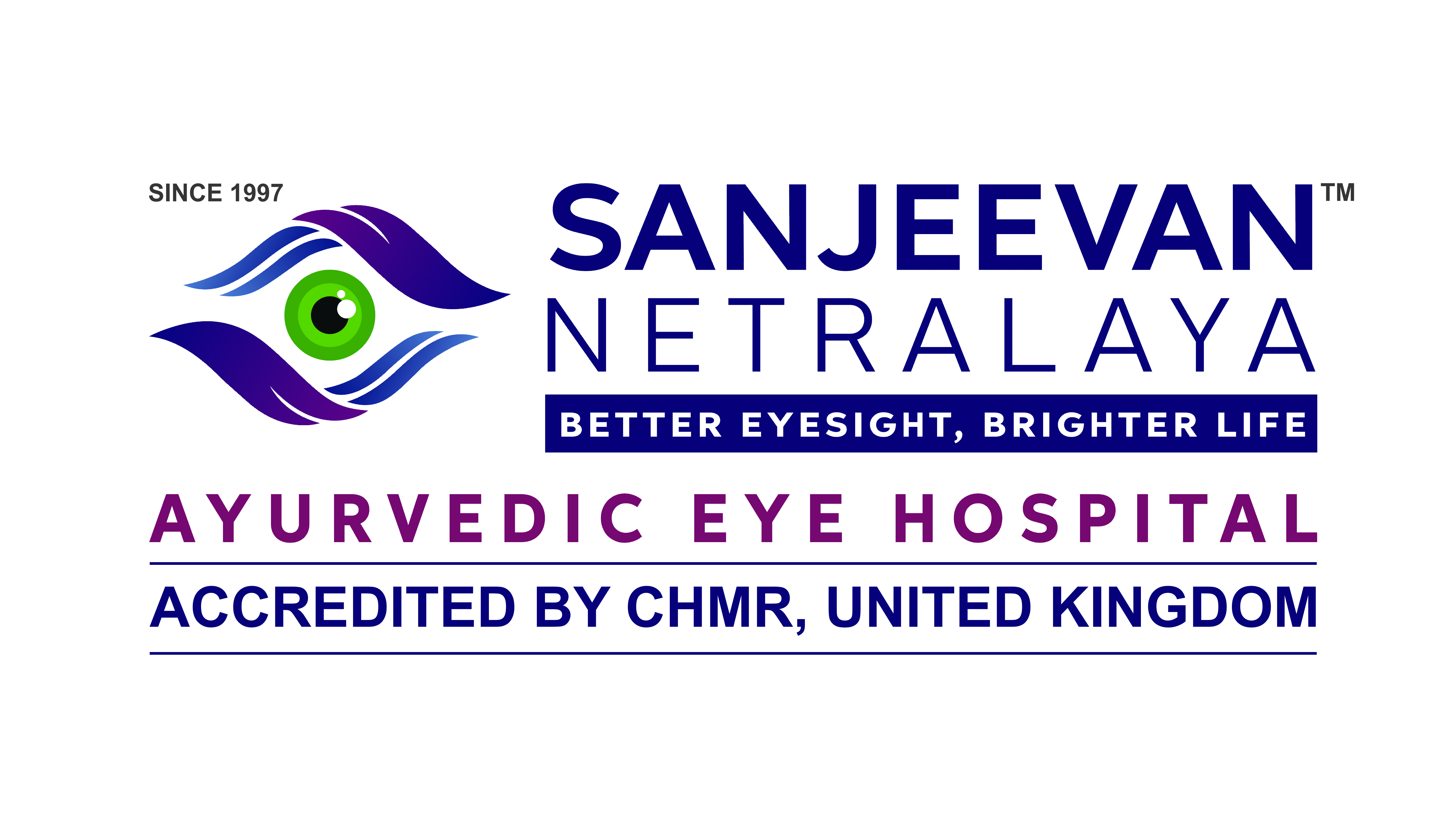- Hiren Suryawanshi
- Aug 14, 2024
- 3 min read
Updated: Sep 26, 2024

Myopia, or nearsightedness, is a prevalent vision condition where over 40% of Americans experience difficulty seeing clearly at a distance due to an elongated eye. Typically, myopia requires corrective glasses or contact lenses but does not lead to other issues.
A small percentage of individuals have a more severe form of nearsightedness known as high myopia. In these cases, the retina, the light-sensitive layer at the back of the eye, can stretch significantly. This stretching can cause damage to the eye, a condition referred to as pathological myopia.
Myopic Macular Degeneration occurs when the macula, the part of the retina responsible for sharp central vision, becomes damaged to the point of causing vision loss. This condition resembles age-related macular degeneration (AMD) but affects younger individuals.

Causes of Myopic Macular Degeneration:
In a normal eye, the cornea and lens focus light directly onto the retina, the thin layer at the back of the eye that converts light into images and transmits them to the brain. In myopia, the eye is longer than normal, causing light to focus in front of the retina instead of directly on it. This elongation stretches the sclera (the white part of the eye) and the retina, similar to stretching a balloon. The retina can become so thin that it tears, leading to cell death in the macula and resulting in a blind spot in central vision. This damage is known as macular degeneration.

Approximately 10% of people with severe myopia develop the wet form of myopic macular degeneration. This condition is akin to wet AMD, where abnormal blood vessels grow beneath the macula and leak blood, leading to vision loss.
Symptoms of Myopic Macular Degeneration:
- Blurring in parts of vision
- Straight lines appearing wavy
- A blind spot in the centre of vision
Risk Factors:
Myopic macular degeneration predominantly affects those with severe myopia, specifically those with an eyeglass prescription of -6 diopters or more, with the risk increasing further for prescriptions of -10 diopters or more. The diopter measures the corrective power of the lens, with negative numbers indicating nearsightedness; higher numbers denote greater severity.
Certain genetic factors may increase the risk of developing this condition, though specific genes have not yet been identified. There is a familial tendency for myopic macular degeneration, and women and individuals of Asian descent may be at a higher risk.
At Sanjeevan Netralaya Ayurvedic Eye Hospital, Myopic Degeneration is treated with great success.
Myopic Degeneration and Ayurvedic Treatment at Sanjeevan Netralaya Ayurvedic Eye Hospital
Myopic Degeneration is a serious condition that affects individuals with high myopia (severe nearsightedness). Over time, the elongation of the eyeball in high myopia can lead to thinning and deterioration of the retina, resulting in vision loss.
At Sanjeevan Netralaya Ayurvedic Eye Hospital, we offer specialized Myopic Degeneration Treatment using the principles of Ayurveda to manage this condition and support overall eye health.
Myopic Degeneration Symptoms can include:
• Blurred or distorted vision
• Difficulty seeing in low light
• Increased risk of retinal detachment
• Progressive loss of central vision
If you're experiencing any of these symptoms, it's crucial to seek treatment early to prevent further damage.
Ayurvedic Treatment for Myopia at Sanjeevan Netralaya focuses on slowing the progression of myopia and addressing the complications that arise from myopic degeneration. Our treatment includes the use of traditional Ayurvedic formulations and techniques to strengthen the retina and improve overall eye health.
Key aspects of our Myopic Degeneration Treatment include:
• Herbal Formulations: Utilizing Ayurvedic herbs known for their properties in enhancing retinal health and slowing degeneration.
• Vision Improvement Approaches: Applying Ayurvedic methods to improve the strength and elasticity of the retina, which can help mitigate the effects of myopic degeneration.
• Lifestyle and Dietary Guidance: Offering advice on lifestyle changes and dietary adjustments that can support eye health and reduce the risk of further degeneration.
At Sanjeevan Netralaya, our personalized approach ensures that each patient receives a treatment plan tailored to their specific condition, addressing the symptoms of myopic degeneration and working to preserve vision.
If you are concerned about myopic degeneration or are seeking a natural and holistic approach to managing myopia, contact Sanjeevan Netralaya Ayurvedic Eye Hospital today to learn more about our Ayurvedic Treatment for Myopia and how we can help protect your vision.

